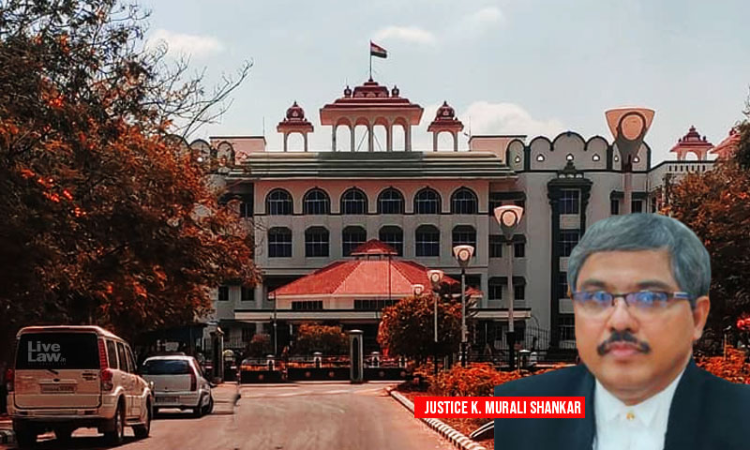Right To Default Bail Not Extinguished With 'Simultaneous' Filing Of Chargesheet: Madras High Court
Sebin James
20 Dec 2021 10:39 AM IST

Next Story
20 Dec 2021 10:39 AM IST
In a pertinent ruling, the Madurai Bench of Madras High Court has delved deep into the statutory provisions and precedents that determine the four corners of default bail under Section 167(2) of CrPC and Section 36(A)(4) of NDPS Act.Thereby, the court has clarified the long-standing confusion about the time constraints applicable to the accused for availing the right to default bail and to...
